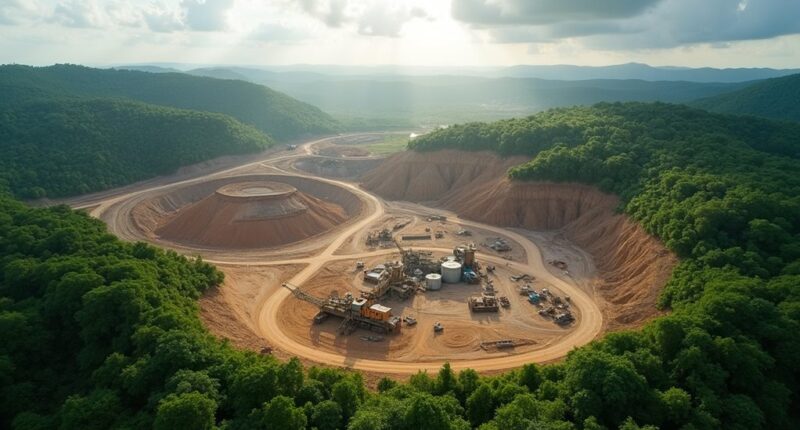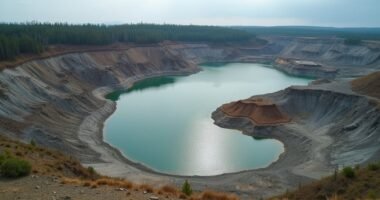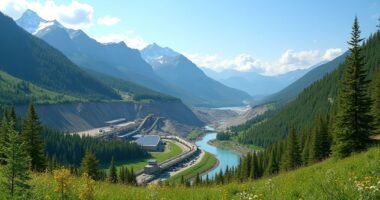First Quantum Minerals just pulled a major move by dropping two arbitration cases tied to its operations in Panama. This shift hints at a thaw in the icy disputes over the Cobre Panama mine, crucial for the country’s economy and responsible for thousands of jobs. With negotiations back on the table, it looks like both sides could find a middle ground. Curious how environmental concerns might play into the mix? There’s more to the story!
First Quantum Withdraws Arbitration, Eyes Negotiation
In a bold twist that could rival a dramatic plot twist in a blockbuster movie, First Quantum Minerals has decided to withdraw from two major arbitration cases related to its Cobre Panama mine, a move that signals a potential thawing in one of Central America’s most contentious mining disputes.
The company’s decision to drop the lawsuits, including one under the International Chamber of Commerce and another under the Canada-Panama Free Trade Agreement, appears to be a strategic maneuver aimed at rekindling negotiations with the Panamanian government to reopen the mine.
The Cobre Panama mine, an economic heavyweight, contributes approximately 5% to Panama’s GDP and accounts for a staggering 40% of First Quantum’s revenue. At its peak, this copper giant produced about 1.5% of the global copper supply—350,000 tonnes annually. The mine’s closure significantly impacted both the local economy and First Quantum’s operations. First Quantum’s withdrawal from arbitration proceedings marks the end of a long-standing dispute that escalated in late 2023.
However, following its unexpected closure in December 2023, First Quantum’s stock plummeted by 22%, leaving around 8,000 direct and 35,000 indirect jobs in jeopardy. The mine’s reopening is increasingly viewed as critical for economic stability, particularly in rural areas heavily reliant on its operations.
First Quantum’s mine closure jeopardizes 43,000 jobs, highlighting the urgent need for economic stability in rural Panama.
The legal battle stemmed from Panama’s Supreme Court deeming the mining concession unconstitutional, prompting First Quantum to seek $20 billion in damages for alleged expropriation and unfair treatment.
With the arbitration withdrawn, the path to negotiations seems clearer. Experts suggest that embracing sustainable mining practices could be key to resolving the conflict between economic interests and environmental concerns. However, the backdrop of environmental concerns and public protests, fueled by allegations of contamination and ecological destruction, complicates the narrative. Local communities have rallied against the mine, advocating for sustainable alternatives and raising alarms about the mine’s impact on the Mesoamerican Biological Corridor.
As President José Raúl Mulino navigates this intricate web of interests, the situation underscores the tensions between multinational corporations and resource-dependent governments.
First Quantum’s bold decision could redefine the future of mining governance in Panama, paving the way for a resolution that benefits both the nation and its workers.









